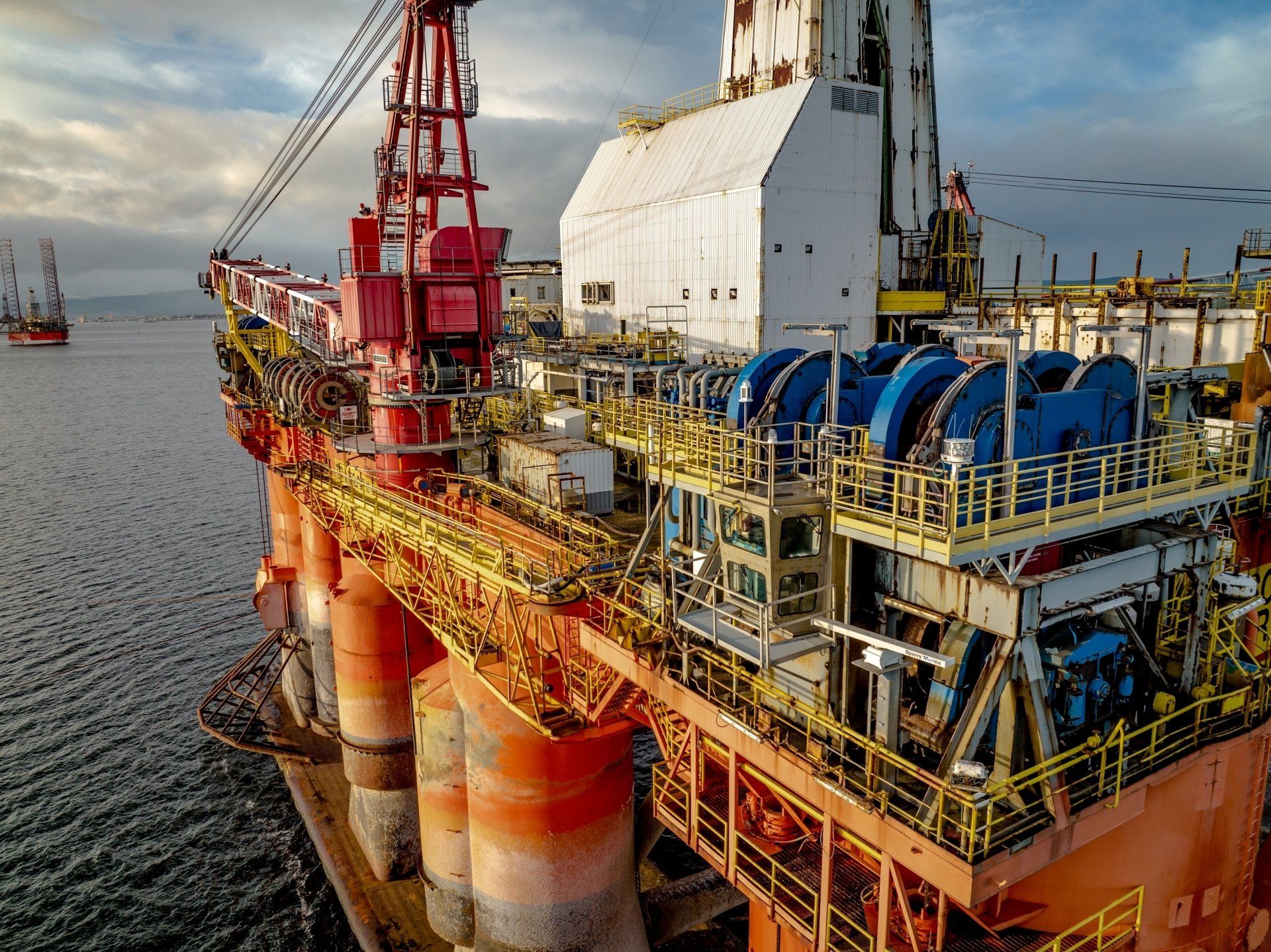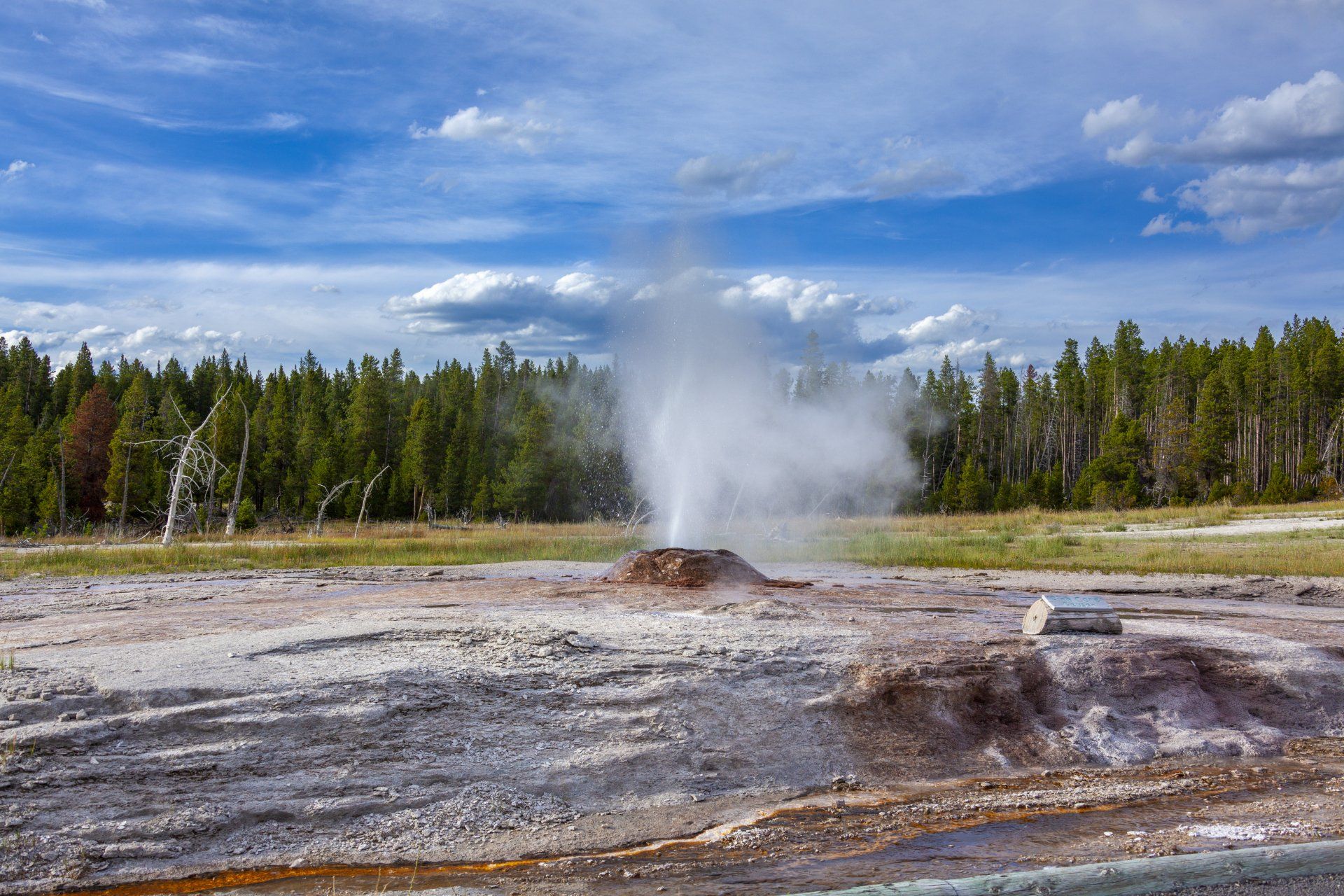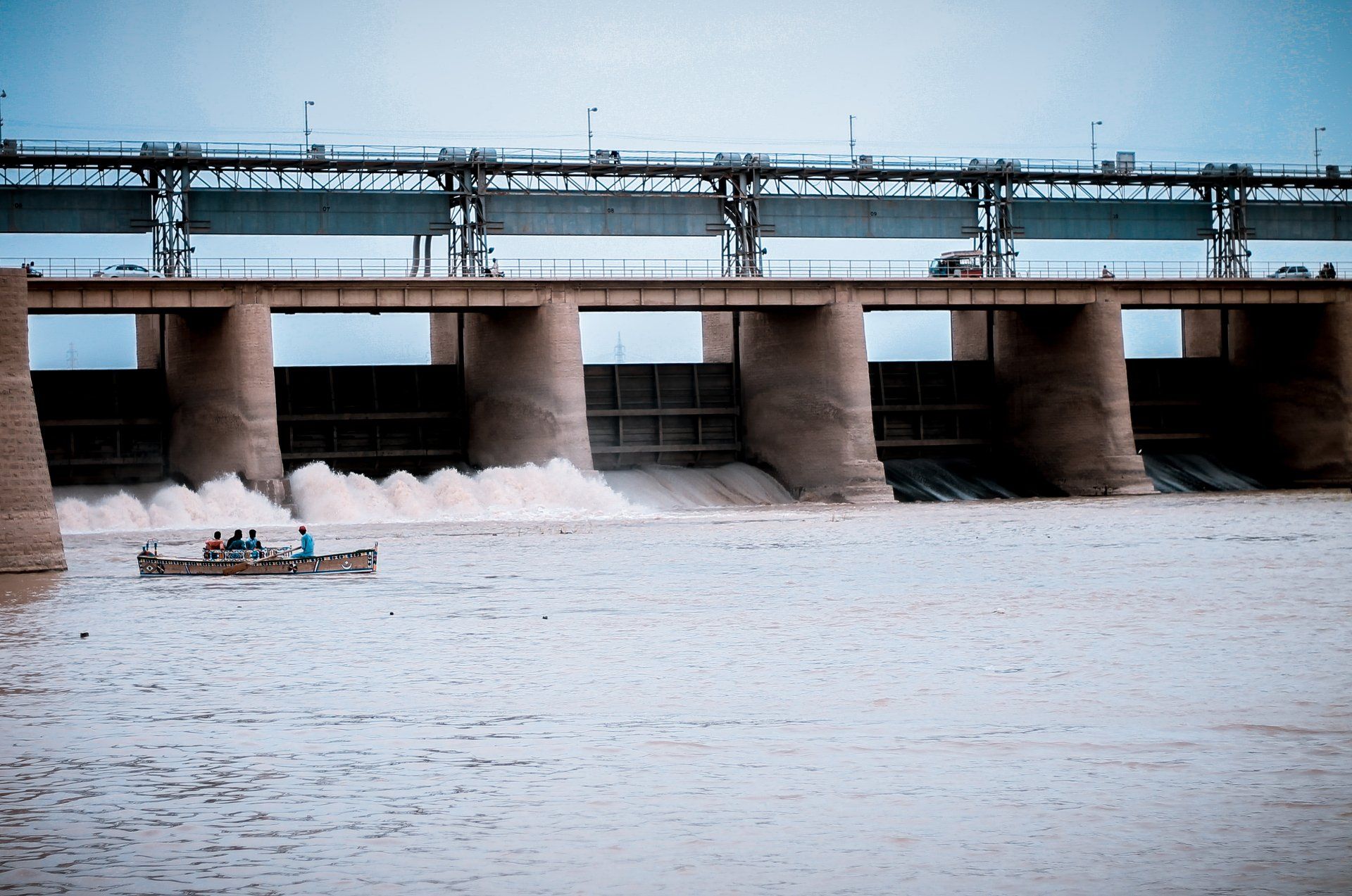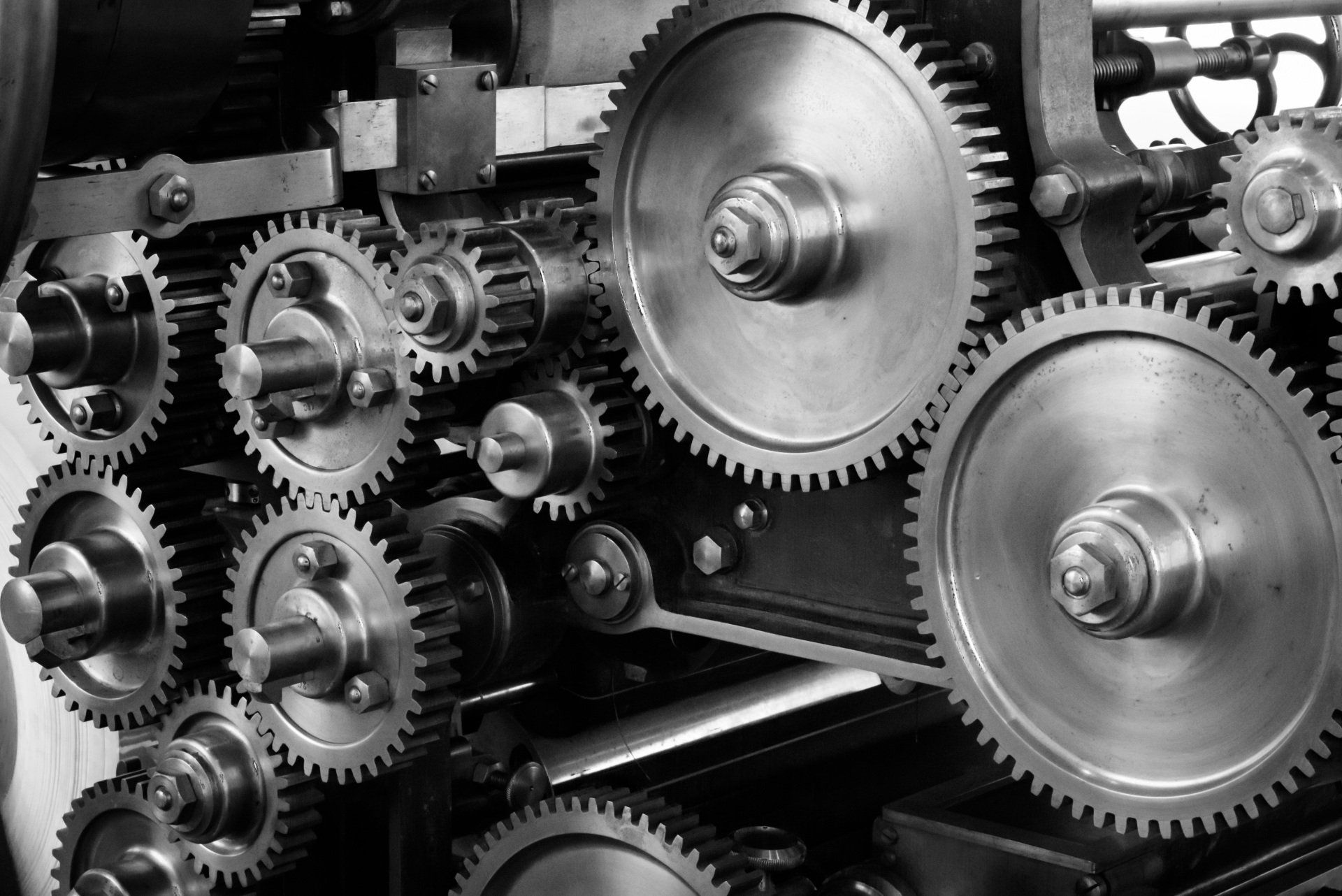Production
C O U R S E S
Quick Links
Artificial lift refers to the use of artificial means to increase the
flow of liquids, such as crude oil or water, from a production
well. This course is focused on introducing the design and
troubleshooting rod pumping, continuous gas lifts, and electric
submersible pump systems. Other methods such as: PCP,
plunger lift, jet pump, hydraulic pump, and intermittent gas lifts
will also be addressed.
This course is designed for engineers, technicians, field
supervisors, and others who select, design, install, evaluate, or
operate artificial lift systems.
This training course discusses the various well stimulation
treatments that are frequently used to stimulate old or poorly
producing wells. It will cover the stimulation techniques as
tools to help manage and optimize reservoir development
The course includes: acidizing and fracturing quality control,
conducting the treatment, monitoring pressures, and other
critical parameters, during and after the treatment.
This course is designed for production, completion, reservoir
and drilling engineers, as well as field supervisors, production
foremen, engineering technicians and geologists.
This course comprehensively covers up-to-date traditional
wireline diagnostic techniques for the surveillance of cased
wells, cased-hole and production log evaluation, plus a loose-
leaf workbook.
This course is designed for petroleum, production and reservoir
engineers.
The objective of this course is to provide a comprehensive
understanding of artificial lift techniques, types of gas-lift, gas
lift completions and maintenance, types of gas lift valves, gas lift design, and the troubleshooting of gas lift techniques.
This course is designed for artificial lift engineers, field
supervisors, production engineers and mid-level managers.
The NODAL analysis views the total producing system as a group of components encompassing: reservoir rock, completions (gravel, pack, open/closed perforations, open hole), vertical flow strings, restrictions, multi- lateral branches, horizontal terrain flow lines/risers, integrated gathering networks, compressors, pump stations, metering locations, and market/system rate/pressure constraints.
This course is designed for production, operations, and reservoir engineers, as well as senior technicians and field supervisors with an engineering background.
This course will provide a comprehensive and clear
understanding of the technical and commercial operation of the oil & gas industry. The course will look at the industry principles such as: exploration & production, geology, transportation, storage, prices, legal and commercial systems.
This course is designed for new executives to the industry,
commercial managers, various engineering disciplines, HR
managers, marketing, sales, and legal & commercial managers.
This course covers the technical aspects of production, such
as: reservoir drive mechanisms, drilling methods, well and
completion types, hydrocarbon in- and outflow performance,
formation damage and cleaning mechanisms, well life-cycle,
production surveillance, production chemistry, and the latest
state-of-the-art technologies.
This course is designed for production engineers, geologists,
petrophysicists, production programmers, reservoir and well
engineers.
This course discusses concepts related to the selection of
sand control methods and treatment design1 The course
analyses sand control best methods for horizontal wells and
water injectors. There are various methods of sand control
including: open hole gravel packs, frac packs currently practiced in industry, design procedures. The tools and technology employed in sand control are introduced in the form of theory and practical operations.
This course is designed for completion, production and research engineers, and field supervisors
The purpose of this course is to present an overview and
fundamental understanding of the wide range of oilfield
production handling and treatment equipment. The
fundamental principles of fluid behavior are first introduced, then applied to all of the various equipment and systems comprising production operations. Emphasis is placed on understanding the internal workings inside the piping, valves, and vessels.
This course is designed for production, operations, facilities, and petroleum engineers, as well as field production supervisors and surface equipment technicians, who interact with field facility engineers/operators
This course is designed to make those that attend aware of how their job can directly impact the productivity. The course covers well production, impact of completion design on interventions, production problems identification, operations, and well intervention methods.
This course is designed for petroleum engineers, well
intervention engineers, reservoir, and drilling engineers,
production operators, wellsite supervisors, and geologists.










